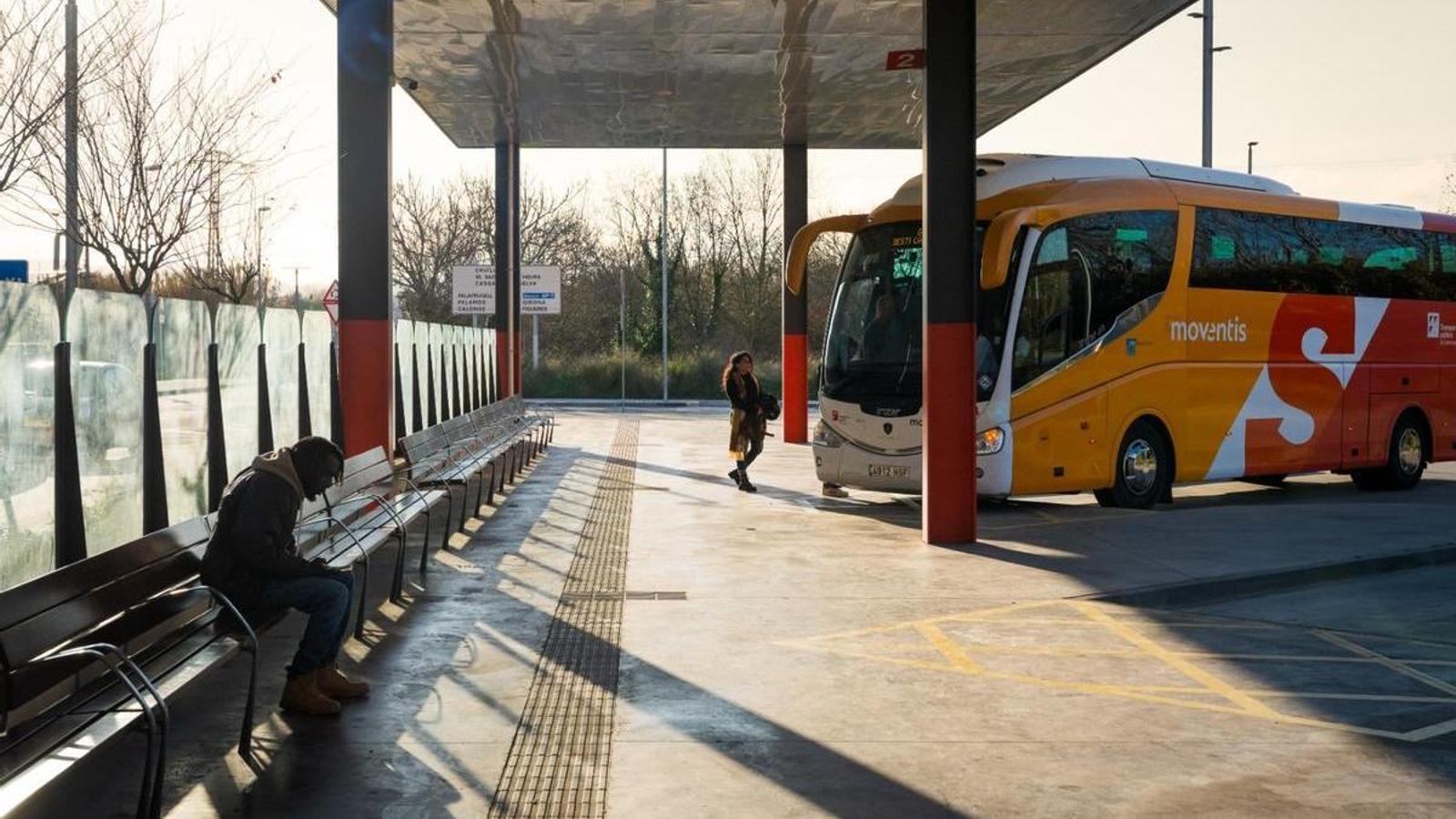800 lines in play: an opportunity to renew the intercity bus network after 40 years
Territori opens the melon of historical concessions that expire in 2028


BarcelonaIn 2028, the panorama of passenger transport by road – that is, by bus – could change a lot, the current concessions of intercity road transport These are under the control of the Generalitat (Catalan Government), and a new tender will have to be held to award the new titles. This is unprecedented in the last 40 years, since the government transferred these powers from the state in 1985 and inherited a model that—despite introducing some changes—has become more than obsolete. The licenses already expired in 2003, but the government then decided to kick the can down the road and extend them for another 25 years.
Thus, with less than three years remaining until the expiration date, the Department of Territory, led by Silvia Paneque, must tackle a historic challenge affecting a total of 849 lines that carry approximately 70 million passengers annually. The future tender documents must update the situation, in line with the current mobility situation, and the Government must balance the interests of users with those of the companies that have been operating these services for years.
The Catalan Competition Authority (ACCO) has already recommended on several occasions that these concessions not be extended again and that liberalization and competition be encouraged to improve services, prices, and the sustainability of the model (with greener and more efficient fleets). At the same time, representatives of the large companies in this sector—which have provided bus services since the 1960s and 1980s—are lobbying to remain in power, while smaller companies—often family-run—that have been operating a "decent" service for years—fear being left out if the sector becomes excessively liberalized and will have to compete with much more complex companies.
The Department of Territory has confirmed to ARA that it has begun work and is already working with a two-speed model. The government is considering dividing the bulk of the lines into two blocks: those that must be put out to public tender and those that, with some minor changes, could be extended again. This second block includes those lines "that need a change that cannot wait," according to sources within the department, such as major bus fleet renewals or service expansions. In exchange, they would be granted a new extension to allow them time to recoup these investments. Paneque assured this newspaper a few days ago that his department is analyzing this "separation" line by line and that the expectation is that by the end of the year they will be able to announce which concessions will be extended and which will be redesigned from scratch. The new specifications, the minister specified, will not begin to be drafted until 2026.
The sector is expectant
Sources in the road passenger transport sector consulted by ARA do not object to the government's proposal for a phased reform, but warn that it is necessary to prevent extensions from serving to "perpetuate an obsolete model." "The problem is not only renewing fleets, but also rethinking frequencies, weekend services, or new lines," the same sources point out. "Separating concessions could make sense to better adapt services to each territorial situation, but clarity is needed on how this will be done," they warn.
Meanwhile, the bus companies' association is avoiding applying public pressure at a delicate time of decision-making within the administration. However, internal sources within the companies admit that talks are already underway between Territorio and the operators, and the possibility of extending certain concessions is "being considered."
A change with many facets
The association for the Promotion of Public Transport (PTP) has taken a stand. The vice president of the organization, Mercedes Vidal, points out that the renewal of concessions is "a key opportunity to make changes and improvements to the service." While acknowledging that the legal model adopted is not the most relevant aspect, she emphasizes that "what is needed is to ensure that the main criterion is the quality of the service and not just the price, as has been the case until now with public procurement." "What the user needs is for the administration, as the owner of the service, to guarantee operation with standards of excellence," she insists. For Vidal, the debate is not only technical, but strategic: "Ambition is needed to redesign the system. Intercity bus services are those that have grown the most in recent years, and their importance is often underestimated when in reality they are one of the most important." an essential complement, especially where the train doesn't arrive to guarantee the right to mobility," says Vidal. "And if it's not done well, certain territories will be condemned to second-rate services," Vidal emphasizes.
At the same time, the PTP also points to another key issue: that of competition. and that offer a good service, that in 2028 they will find it more difficult to continue." They say this in reference to the experience of other public tenders in the metropolitan area that have led, they say, to high levels of labor conflict.
to have the new specifications well advanced before 2026. The work has already begun, with a working group designing the new service map necessary for the mobility of the Catalonia of the future, but the schedule is tight.
